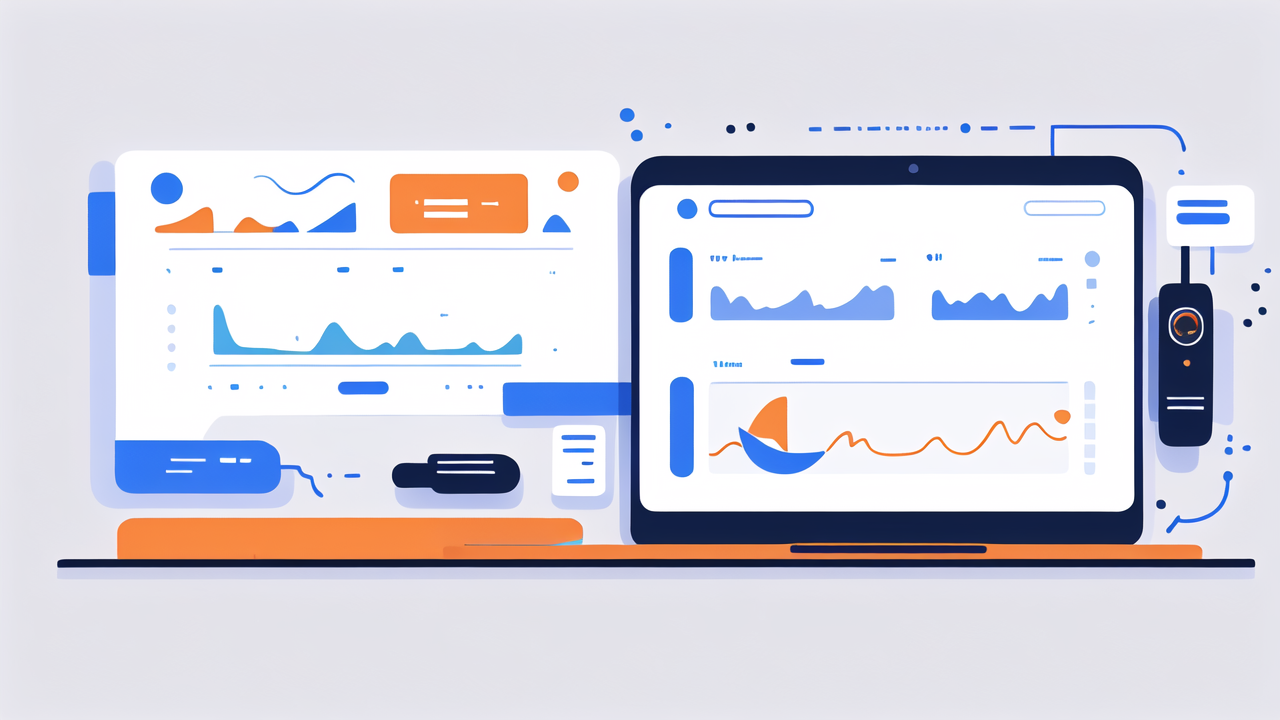Introduction to Pulse Smartwatches in Health Care
The Evolution of Pulse Watches: From Analog to Smart
The journey of pulse watches has transformed remarkably over the years. Initially, they were simple, analog devices that monitored heart rate. Today, they have evolved into sophisticated smartwatches. These modern devices not only track heart rate but also provide a range of health metrics. They seamlessly connect to various apps and systems, enhancing health monitoring. This evolution marks a significant leap in how we manage personal health, making advanced health tracking accessible to everyone.

Understanding the Importance of Pulse Monitoring
Pulse monitoring is a vital health metric. It reflects heart health and overall fitness. Keeping track of your pulse is key in early disease detection. It also helps in managing chronic conditions like hypertension. Pulse smartwatches make it easier to monitor your heart rate 24/7. This continuous monitoring can alert you to health issues. It can also guide activity levels for better heart health. Health care providers can use this data to tailor treatments. In the US, heart disease is a leading cause of death. Pulse smartwatches could be a tool in prevention and management. They blend tech with wellness for proactive health care.
Analyzing the Features of Top Pulse Smartwatches
Advanced Metrics and Analytics for Health Professionals
Top pulse smartwatches are now equipped with advanced metrics and analytics. These features are crucial for health professionals in the United States. They offer detailed insights into a patient's heart rate variability, blood oxygen levels, and sleep patterns. Such data is valuable for monitoring chronic conditions and recovery processes. Additionally, some smartwatches can detect abnormal heart rates, prompting early intervention. These capabilities are transforming how healthcare providers engage with patient data, enabling them to deliver more personalized and proactive care. By leveraging this technology, medical professionals can make informed decisions quickly, often leading to better patient outcomes.
Integration with Medical Systems and IoT
Modern pulse smartwatches do more than display health stats. They seamlessly integrate with medical systems and the Internet of Things (IoT). This feature allows for real-time health data sharing with healthcare providers. It also supports remote patient monitoring (RPM). Through this integration, doctors can follow up on patient health round-the-clock. It also leads to swift responses in emergencies. In the U.S., where healthcare is often on the cutting-edge, this aspect of smartwatches is gaining traction. Medical professionals and tech experts alike are digging into this potential. They seek to revolutionize patient care with these smart devices.
User Experience and Comfort: What Health Providers Say
When exploring top pulse smartwatches, health providers emphasize user experience and comfort. They notice these watches help patients track vitals stress-free. Easy-to-wear designs are crucial. They allow for 24/7 monitoring without discomfort. The simplicity of interfaces is also key. It helps users of all ages navigate features. Battery life gets praise too, for less frequent charging. Feedback shows people wear them more when they're comfy and easy. This boosts health tracking success. As smartwatches evolve, makers focus on making them fit better into daily life. This is what healthcare pros report back from the field.
The Future of Health Care with Pulse Smartwatches
Enhancing Patient Monitoring and Management
The merging of pulse smartwatches and healthcare is paving the way for improved patient care. These devices offer continuous health tracking, which can be vital for chronic disease management and early detection of potential health issues. By transmitting real-time data to healthcare providers, pulse smartwatches enhance patient monitoring outside of traditional clinical settings. This allows for more rapid interventions, adjusting treatment plans as needed. Moreover, wearable technology enables remote patient management, convenient for both the patient and the healthcare system. Such advancements in monitoring equip healthcare professionals with the tools to offer more personalized and timely care, a leap towards a more proactive healthcare model in the United States.
Predictive Health Trends and Personalized Medicine
Pulse smartwatches are set to revolutionize health care by enabling predictive health trends. These devices gather extensive health data in real-time which, when analyzed, can forecast potential health issues before they become severe. This leads to a proactive approach in medicine. Moreover, personalized medicine is another frontier. By assessing individual health patterns, pulse smartwatches can tailor health recommendations and treatments to fit personal needs, vastly improving the effectiveness of health interventions. This technology promises a future where medical care is more accurately tuned to each person's unique health profile.
The Role of AI and Machine Learning in Pulse Smartwatch Technology
Artificial Intelligence (AI) and Machine Learning (ML) are transforming pulse smartwatches. These techs can spot health trends and warn users of issues ahead of time. AI learns from vast health data, making heart rate tracking more accurate. ML algorithms can suggest personal health plans. Together, they help doctors make quicker, better choices for patient care. This tech may even predict future conditions by analyzing past and present health info. It's a big leap for smartwatches in health care. In short, these smart devices get smarter, boosting patient health and peace of mind.




Leave a comment
This site is protected by hCaptcha and the hCaptcha Privacy Policy and Terms of Service apply.